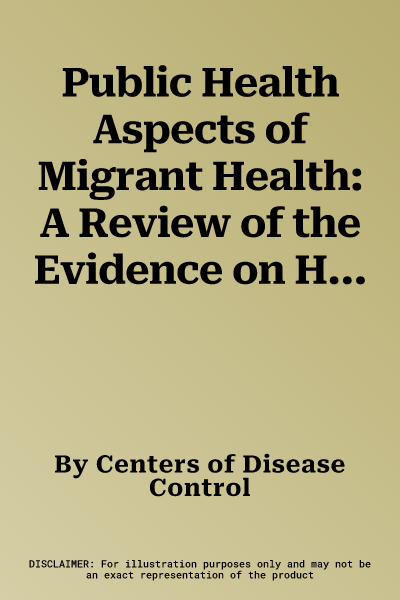Centers of Disease Control
(Author)Public Health Aspects of Migrant Health: A Review of the Evidence on Health Status for Labour Migrants in the European RegionPaperback, 9 December 2015

Qty
1
Turbo
Ships in 2 - 3 days
Only 5 left
Free Delivery
Cash on Delivery
15 Days
Free Returns
Secure Checkout

Part of Series
Health Evidence Network Synthesis Report
Print Length
52 pages
Language
English
Publisher
World Health Organization
Date Published
9 Dec 2015
ISBN-10
9289051094
ISBN-13
9789289051095
Description
Product Details
Author:
Book Format:
Paperback
Country of Origin:
CH
Date Published:
9 December 2015
Dimensions:
20.83 x
14.73 x
0.51 cm
ISBN-10:
9289051094
ISBN-13:
9789289051095
Language:
English
Pages:
52
Publisher:
Weight:
181.44 gm